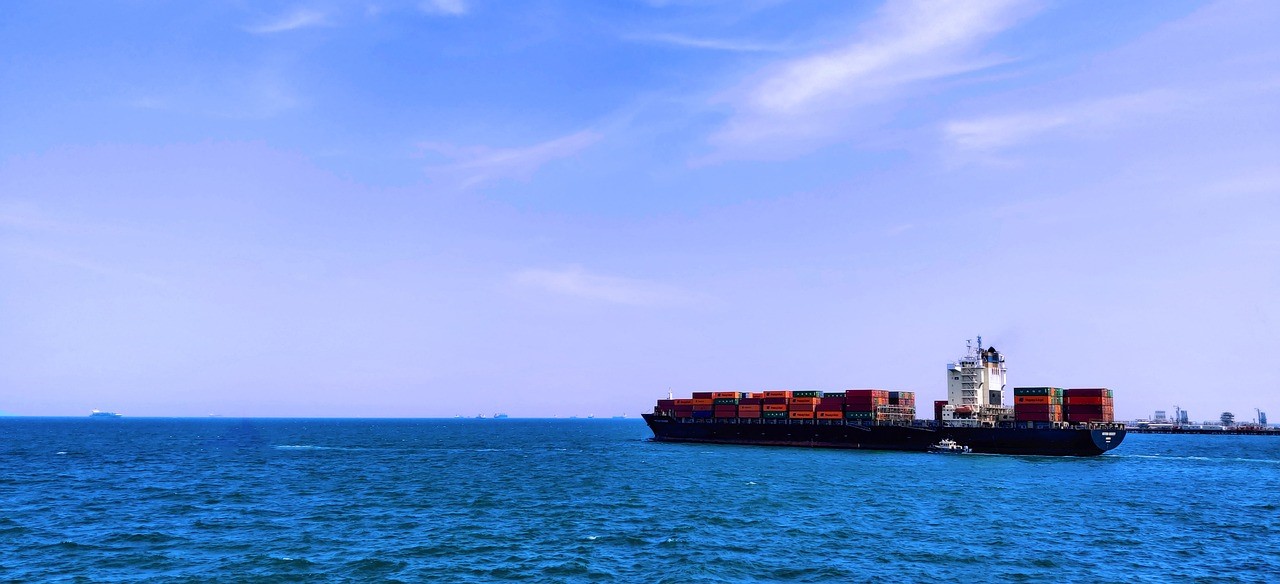
In the ever-evolving world of global shipping, recent events have set the stage for unprecedented challenges and disruptions. The state of the market reflects a delicate dance between security concerns, environmental shifts, and logistical intricacies.
The British Association of Removals (BAR) has released its February update on the state of the shipping market, for ease of reference, we have summarised the points below:
Red Sea Attacks and Suez Canal Diversions
The persistent attacks on vessels in the Red Sea have forced a significant rerouting of shipping lines around the Cape of Good Hope, bypassing the Suez Canal. This strategic move, while ensuring vessel safety, comes at a cost – longer transit times exceeding 14 days and a heightened risk of cargo delays. Emergency surcharges, with various monikers like “war risk” and “PSS,” are being levied, reaching as high as USD2,500.00 on certain routes. Shipping lines, emphasizing operational disruptions, signal that these surcharges might persist even after Suez Canal transits resume. Safety takes precedence, prolonging the avoidance of the canal until security concerns are fully addressed, causing further delays.
Panama Canal Woes and Climate Change Impact
The Panama Canal, a vital conduit for global trade, faces challenges amplified by climate change-induced droughts. Shipping delays ripple through the supply chain, impacting the US West Coast and West Coast of Latin America. Customers with shipments transiting the Panama Canal should brace for significant delays. Notably, the increased notice required to secure vessel space becomes a pivotal concern for those planning a move.
Market Availability and Logistics Challenges
Acceptance of container bookings from the UK has seen improvement, but challenges persist, particularly on eastbound trades heavily affected by Suez Canal diversions. Operational surcharges are anticipated. Westbound trades to the USA, Canada, Caribbean and Latin America show good acceptance, but peak-season demand may lead to a shortage of empty containers. Southbound trades to Africa see reliability, but hinterland destinations face reduced coverage due to main port congestion and inadequate transport infrastructure.
Port Strikes
Potential port strikes in UK ports can cause unexpected delays for both outbound and inbound shipments, affecting customs clearance times.
Lithium-Ion Batteries: A Hazardous Shipping Conundrum
The acceptance of Li-ION batteries in shipments poses a complex challenge due to increased fire risks. Shipping lines vary in their rules for inclusion or exclusion. The BAR Overseas Group strongly advises against shipping Li-ION batteries. Inclusion may trigger hazardous cargo declarations, surcharges and potential fines under maritime law.
Navigating the Seas Ahead
Assuredly, BAR Overseas movers are committed to efficient and trouble-free overseas moves. This comprehensive update aims to equip customers with unbiased insights into the intricate challenges shaping the current shipping landscape. For any queries, customers are encouraged to reach out to their trusted BAR removal company.
As we navigate these turbulent waters, adaptability and preparedness become the anchors steering us toward a smoother and more informed shipping experience. Stay informed, plan ahead, and trust in the expertise of Burke Bros Moving Group as your BAR Overseas mover for a successful international relocation.

Click one of our contacts below to chat on WhatsApp